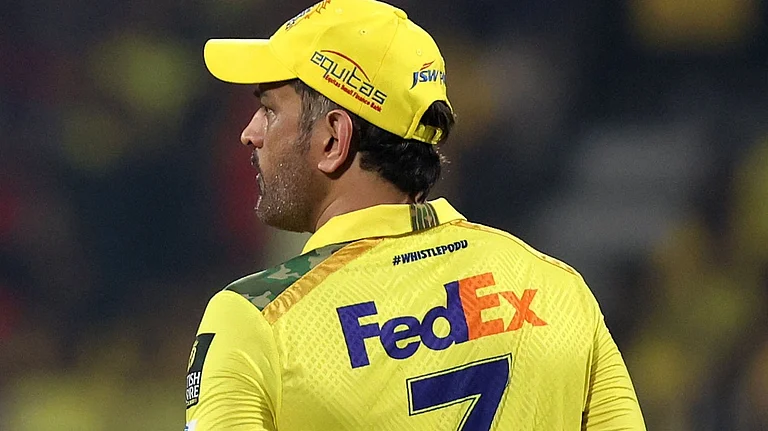The Financial Action Task Force (FATF) on Friday adopted India's mutual evaluation report on money laundering and terrorist financing during its Plenary meeting in Singapore.
It said that India's anti-money laundering and counter-terrorist financing mechanism is "achieving good results".
An official familiar with the matter, meanwhile, said, "The intergovernmental organisation, which sets international anti-money laundering standards and counter-terrorist financing measures, has not found any red flags in India's processes," Hindustan Times reported.
The Plenary reportedly said that India has reached a "high level of technical compliance" with the requirements of the FATF. The watchdog also hailed the nation's money laundering and terrorist financing risk understanding, international cooperation, access to basic and beneficial ownership information, use of financial intelligence and depriving criminals of their assets.
However, the multilateral financial watchdog said that New Delhi needs to address the delays relating to the concluding of money laundering and terror financing prosecutions. It said that the final report for the nation will be published once the "quality and consistency review" is completed.
Headquartered in Paris, France, FATF leads the global action towards tackling of money laundering, terrorism and proliferation financing.
India's mutual evaluation on FATF guidelines -- a measure which checks a country's virtue to make effective laws and policy, implementing them to keep financial crimes in check -- was last done in 2010.
Reportedly, the mutual evaluation was originally scheduled for September 2020, but it got delayed due to the Covid-19 pandemic.
The FATF peer view of the nation concluded earlier this year after an on-site or a physical visit was made by the team to New Delhi, where they met
with officials from various intelligence and investigative agencies.
It was also said that the Indian government had informed the FATF and its peers about the amendments in the Prevention of Money Laundering Act (PMLA), registration of over 5,000 cases in the last ten years, with the arrest of over 755 persons and properties attached worth more than Rs 1.21 lakh crore.
Reportedly, one of the key changes since the last review was the defining of a "politically exposed person" under PMLA, which the FATF had recommended. Besides the Indian government, the Reserve Bank of India (RBI) has also stepped up in evaluating fintech firms to ensure they follow the protocols related to the anti-money laundering law, keeping a check on any suspicious transactions.
Notably, the Indian government in 2019 had set up a joint working group, made up of 22 central intelligence, investigation and regulation agencies, for presentations and discussions with FATF experts.
(With PTI inputs)



























